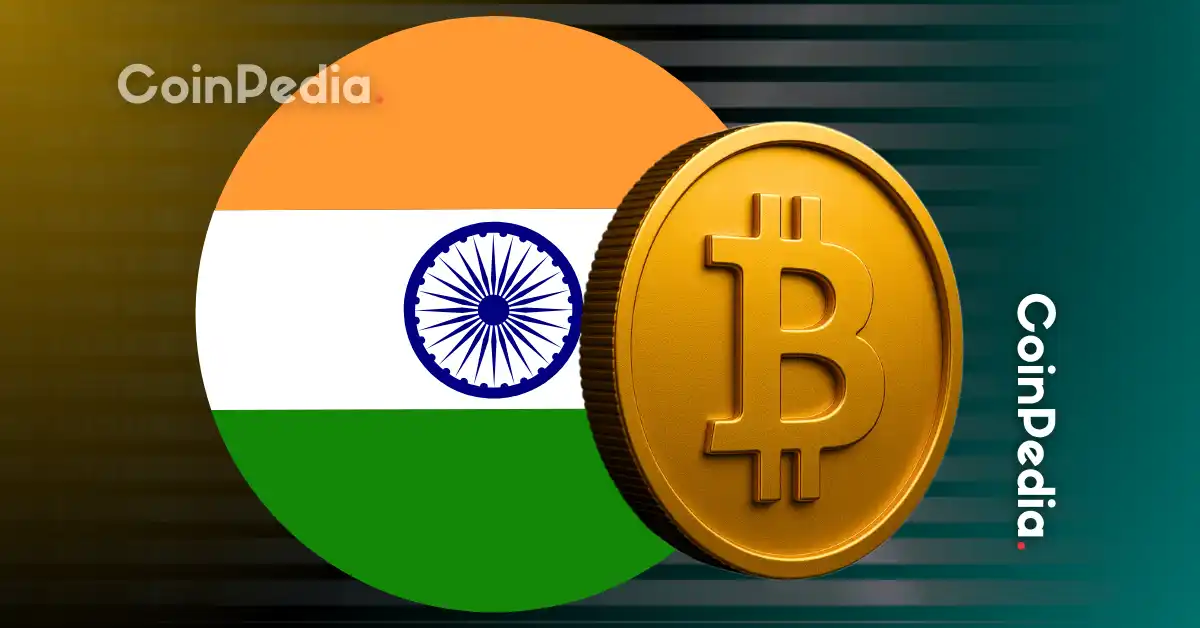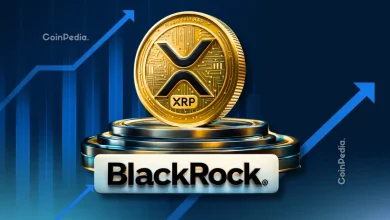
India treads cautiously on crypto, opting for partial oversight to avoid financial risks while resisting full bans or legitimization.
Stablecoins worry India as U.S., Japan advance crypto rules; RBI warns full regulation could deepen financial system risks.
India is taking a cautious path when it comes to cryptocurrencies. A recent government document reveals that instead of building a full legal framework, the country will maintain partial oversight. The concern is that full regulation might give crypto legitimacy, making it a bigger part of the financial system and creating systemic risks.
The Reserve Bank of India (RBI) has argued that regulating crypto effectively is nearly impossible. While a complete ban could curb some dangers, it would not stop peer-to-peer transfers or trading on decentralized platforms.
Why India Hesitates
The document seen by Reuters highlights that regulating crypto would “grant legitimacy” and could allow it to spread more deeply into the economy. India fears this could lead to financial instability, especially since most crypto assets are speculative.
On the other hand, banning them completely won’t work either, as people could still trade directly or through decentralized exchanges. This leaves the government caught between risk and reality, opting for a halfway approach.
The Global Context
India’s caution contrasts with moves in other countries. The U.S. has legalized wider use of stablecoins, with President Trump signing the GENIUS Act in July 2025. China still bans crypto but is exploring a state-backed stablecoin, while Japan and Australia are working on frameworks without pushing the sector aggressively.
India, meanwhile, shelved its own crypto bill from 2021 and later held back from publishing a discussion paper in 2024, preferring to watch how other nations, especially the U.S., act before deciding its next steps.
Stablecoins Under the Scanner
The rise of stablecoins is a particular worry. Since most are pegged to the U.S. dollar, India fears their widespread use could weaken its digital payment system, the Unified Payments Interface (UPI), which is one of the country’s proudest financial innovations. The government notes that while stablecoins aim for price stability, they can still be affected by liquidity problems or market shocks, posing risks to national financial systems.
Where Things Stand
Currently, global crypto exchanges can operate in India if they register with the authorities and follow anti-money laundering checks. But heavy taxes on crypto profits have discouraged speculative trading. Despite Indians holding about $4.5 billion in crypto, the government says the sector isn’t yet big enough to threaten financial stability.
For now, India seems committed to keeping crypto on the sidelines, neither fully embracing it nor banning it outright.
Never Miss a Beat in the Crypto World!
Stay ahead with breaking news, expert analysis, and real-time updates on the latest trends in Bitcoin, altcoins, DeFi, NFTs, and more.
FAQs
Cryptocurrency is not fully legalized. India maintains partial oversight, allowing registered exchanges to operate under anti-money laundering rules but with heavy taxes.
The government fears full regulation would grant crypto legitimacy, integrating it deeper into the financial system and creating potential systemic risks.
India is more cautious. Unlike the U.S.’s stablecoin legalization, India prefers a wait-and-watch approach, shelving previous regulatory plans.
Trust with CoinPedia:
CoinPedia has been delivering accurate and timely cryptocurrency and blockchain updates since 2017. All content is created by our expert panel of analysts and journalists, following strict Editorial Guidelines based on E-E-A-T (Experience, Expertise, Authoritativeness, Trustworthiness). Every article is fact-checked against reputable sources to ensure accuracy, transparency, and reliability. Our review policy guarantees unbiased evaluations when recommending exchanges, platforms, or tools. We strive to provide timely updates about everything crypto & blockchain, right from startups to industry majors.
Investment Disclaimer:
All opinions and insights shared represent the author's own views on current market conditions. Please do your own research before making investment decisions. Neither the writer nor the publication assumes responsibility for your financial choices.
Sponsored and Advertisements:
Sponsored content and affiliate links may appear on our site. Advertisements are marked clearly, and our editorial content remains entirely independent from our ad partners.








